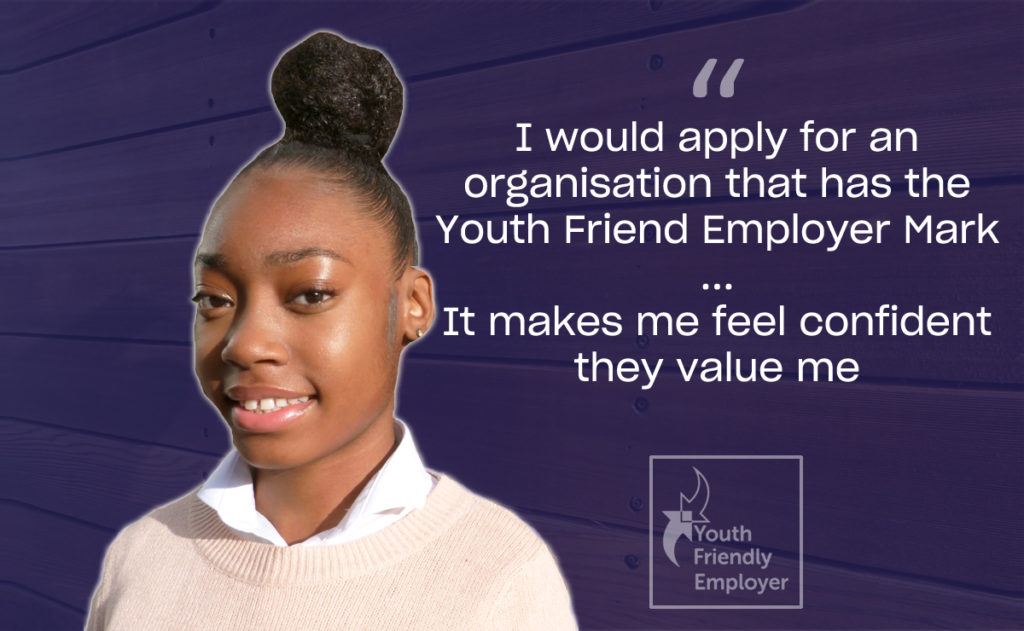A brief introduction into what the role entails
As a restaurant manager, you’ll have responsibility for the restaurant’s business performance, quality standards, and health and safety, as well as staff and customer satisfaction.
Combining strategic planning and day-to-day management activities, the role is both business-like and creative, particularly in terms of marketing and business development.
The type of restaurant you can work for varies significantly, ranging from high-end, fine-dining restaurants to casual dining and quick service outlets.
Watch the video on How to become a Restaurant Manager
The key responsibilities of this role may include but are not limited to:
- Take responsibility for the business performance of the restaurant
- Analyse and plan restaurant sales levels and profitability
- Organise marketing activities, such as promotional events and discount schemes
- Prepare reports at the end of the shift/week, including staff control, food control and sales
- Create and execute plans for department sales, profit and staff development
- Set budgets or agree them with senior management
- Plan and coordinate menus, working closely with the head chef
- Coordinate the operation of the restaurant ensuring that kitchen, bar and waiting staff are working as a team
- Recruit, train, manage and motivate staff
- Respond to customer queries and complaints
- Meet and greet customers, organise table reservations and offer advice about menu and wine choices
- Maintain high standards of quality control, hygiene, and health and safety
- Check stock levels, order supplies and prepare cash drawers and petty cash
- Comply with licensing laws and other legal requirements
- Promote the brand in the local community through word-of-mouth and restaurant events
- Recommend ways to reach a broader audience (e.g. discounts and social media ads)
- Estimate future needs for goods, kitchen utensils and cleaning products
Salary
Your earning potential as a restaurant manager depends on your skills and the style of the restaurant you would be working at.
- Salaries for restaurant managers working in fine dining typically range from £22,000 to £40,000.
- Casual dining restaurant managers can expect to earn in the region of £20,000 to £30,000
- Fast food restaurant managers typically earn between £18,000 and £30,000.
Many employers offer perks such as bonus pay, pension, free meals on shift, staff discounts and private medical insurance.
Read job profileWorking hours
Roles typically operate within a shift structure, and you would be expected to work upwards of 40 hours a week. Overtime may be essential in some positions and it’s important to be willing to work until the job is completed, whatever time that may be.
Read job profileWhat entry qualifications and training do you need?
There are various routes into restaurant management and the sector is open to candidates with a combination of practical experience, strong interpersonal skills and an understanding of business. You don’t necessarily need a degree, HND or to have been to culinary school as it’s possible to train on the job and work your way up into the role of restaurant manager.
However, you’ll need a degree for entry onto a graduate recruitment scheme. Graduate training schemes are most likely to be available with large restaurants and fast food chains. The following subjects may be helpful:
- Business or management
- Hospitality management
- Hotel and catering.
It’s possible to train on the job and earn money at the same time by taking an apprenticeship in hospitality. These are available at different levels and once you have experience you could take the:
- Level 3 Hospitality supervisor advanced apprenticeship
- Level 4 Hospitality manager higher apprenticeship
If you’re already working in a restaurant role, you could develop your management skills by taking a relevant hospitality qualification such as:
- Level 3 Diploma in Hospitality Supervision and Leadership
- Level 4 Diploma in Hospitality Leadership
What experience do you need to be a Restaurant Manager?
Getting relevant practical work experience is vital. Some restaurant chains offer formal work experience placements, and you can usually find details of these opportunities on their websites.
It can also be quite easy to find part-time, weekend or summer jobs in restaurants, so it may be possible to gain experience as you study or as you apply for positions. Relevant experience includes kitchen, waiting or bar work in restaurants, cafés and hotels, catering or customer service work.
Valuable experience for this role entails the following:
- Proven work experience as a Restaurant Manager, Restaurant General Manager, Hospitality Manager or similar role
- Proven customer service experience as a manager
What skills do you need to be a Restaurant Manager?
Looking into acquiring the following skills if you do not already possess them would put you in good stead when applying for a role:
- Excellent interpersonal skills for diplomatically handling staff and customers
- Cooperation and teamworking skills
- The ability to lead and motivate a team of staff
- The ability to cope under pressure in a fast-paced environment
- Good business awareness for achieving successful performance
- An awareness of hygiene, and health and safety regulations
- Strong written and oral communication skills for managing business administration and personnel matters
- Strong planning and organisational skills to run a streamlined operation
- The ability to work independently and make decisions confidently
- Problem-solving ability, to resolve issues as they arise
- A flexible and hands-on approach to work.
- Extensive food and beverage (F&B) knowledge, with ability to remember and recall ingredients and dishes to inform customers and wait staff
- Familiarity with restaurant management software, like OpenTable and PeachWorks
- Strong leadership, motivational and people skills
- Acute financial management skills
Career progression
Training opportunities usually depend on the size of the restaurant and whether it’s an independent operation or part of a chain. Larger restaurant chains usually offer structured training schemes, while independent restaurants are more likely to offer on-the-job training on a more informal basis.
Key training areas include:
- First aid
- Health and hygiene
- Management skills
- Company systems and procedures.
Structured management training schemes for graduates generally last between 12 and 18 months. You’ll usually gain practical experience within each function of the restaurant and be assigned a mentor to help you during your initial months.
Key professional bodies also offer a range of training opportunities, including activities that count towards continuing professional development (CPD). They also hold information on external courses and events.
Relevant organisations include:
- Institute of Hospitality – offers a range of hospitality-related qualifications, professional development workshops, webinars and online courses, as well as networking events. There are varying levels of membership available depending on your skills and experience.
- UKHospitality – hosts various events across the year and provides publications and resources for members.
Hospitality & Catering Careers
Do you aspire to work in an industry where you’ll make an impact on people’s lives every day, have great career progression opportunities and have fun? Then working in catering and hospitality is for you – and Caterer.com can help.
Hospitality & Catering Careers







